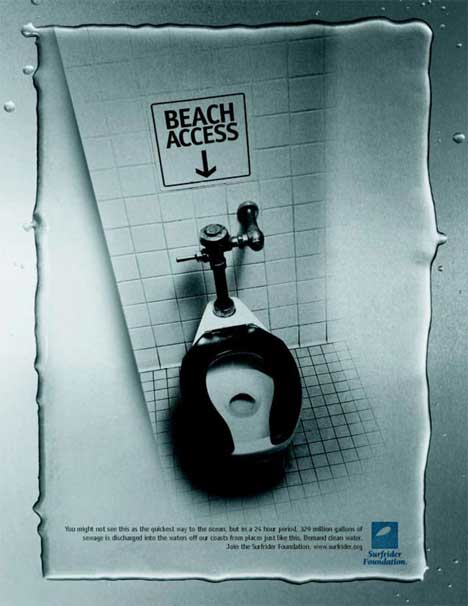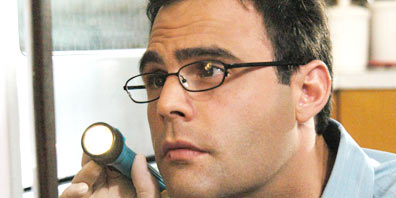In a few weeks we’ll be leaving for a month of seaside (Gulf-side) writing in Florida.
As food safety dude and axman Roy Costa has pointed out, I sure hope I don’t end up in a Florida hospital, because no one is doing food inspections.
 The Department of Health told Associated Press yesterday it’s working with other agencies to figure out who will handle inspections at the state’s 286 hospitals and 671 nursing homes. Meanwhile, the Department of Children & Families is temporarily taking over the inspection of day-care centers, which were also part of the cuts.
The Department of Health told Associated Press yesterday it’s working with other agencies to figure out who will handle inspections at the state’s 286 hospitals and 671 nursing homes. Meanwhile, the Department of Children & Families is temporarily taking over the inspection of day-care centers, which were also part of the cuts.
The health department had been inspecting facilities four times a year until Gov. Charlie Crist signed a bill (HB 5311) stopping them. Experts say people at these facilities are the most vulnerable for foodborne illnesses.
DCF Secretary George Sheldon said his agency decided to fill the gap at day cares and will temporarily oversee inspections because “it was the right thing to do.”
 DCF employees already inspect day-care facilities for safety issues. Sheldon said the Legislature was trying to consolidate inspections to prevent multiple state agencies from visiting the same facilities to inspect different standards.
DCF employees already inspect day-care facilities for safety issues. Sheldon said the Legislature was trying to consolidate inspections to prevent multiple state agencies from visiting the same facilities to inspect different standards.
The health department inspected more than 15,000 day-care centers last year, finding nearly 12,000 violations, including food from unsafe sources, poor hygiene and contaminated equipment.
I don’t really care who inspects as long as there is accountability in the system through — at a minimum — public availability of results and mandatory training for anyone who handles and prepares food.

 death. She endured six days of intensive care, multiple blood transfusions and, so far, 196 bags of plasma.
death. She endured six days of intensive care, multiple blood transfusions and, so far, 196 bags of plasma. Those investigations with people scattered across states, like the current E. coli O145 outbreak that has sickened over 50, are a testament to the skill, dedication of training of public and environmental health types.
Those investigations with people scattered across states, like the current E. coli O145 outbreak that has sickened over 50, are a testament to the skill, dedication of training of public and environmental health types..jpg) routinely failed state inspections.
routinely failed state inspections.